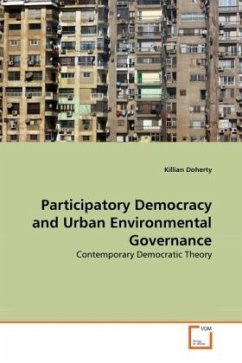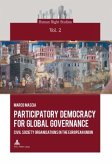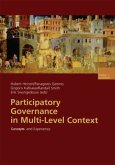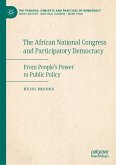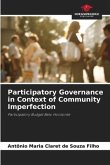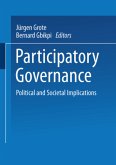Democratic theorists are busy researching and debating contemporary transformations of the institutions through which citizens participate in their government. However, there has been insufficient theorization of the most appropriate scales and policy domains for the institutionalization of non-electoral means of citizen participation. While many theorists and practitioners have argued that the urban scale of governance is the most appropriate scale for the institutionalization of non-electoral means of citizen participation and that the environment is the most appropriate policy domain for the institutionalization of non-electoral means of citizen participation, there has yet to be developed a theoretical framework that adequately elaborates these arguments. Moreover, upon such elaboration of the arguments in favor of participatory urban governance and participatory environmental governance, one finds that these arguments seem to be even stronger when synthesized into one theoretical framework for participatory urban environmental governance.
Bitte wählen Sie Ihr Anliegen aus.
Rechnungen
Retourenschein anfordern
Bestellstatus
Storno

